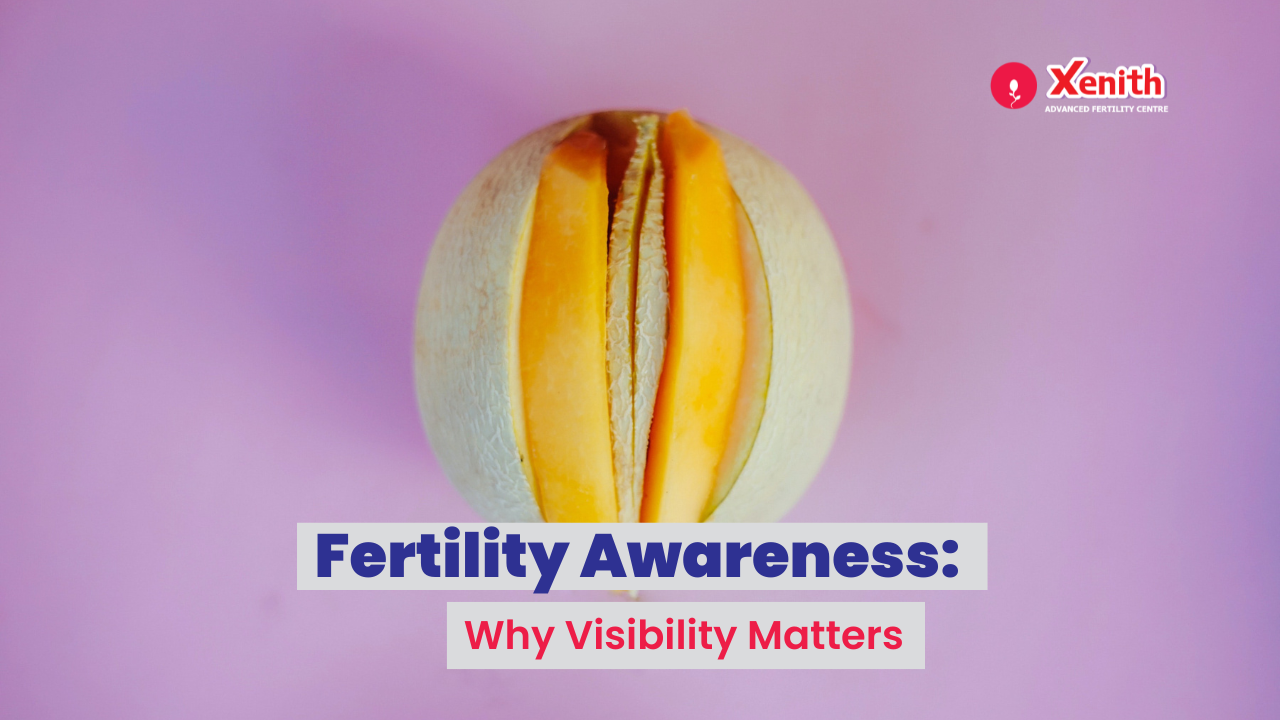There are many signs and signals your body gives you, to let you know when you are fertile or if there are any issues with your fertility. Fertility awareness can help you become pregnant or avoid becoming pregnant. Ovulation is when the mature egg is released from the ovary and travels to the fallopian tube for fertilization by sperm. So it’s important to know when you are ovulating so that sexual intercourse during this time can introduce the sperm to the egg for fertilization.
How do you know when you are ovulating or most fertile
There are various things you can check for yourself to see if you are fertile. For women, this would include checking your basal body temperature where your body temperature increases ever so slightly after ovulation, cervical mucus where the consistency of the discharge from your cervix becomes more sticky after ovulation, cervical position where you can feel your cervix to be softer, open, wet and higher up during ovulation, ovulation pain where you might feel some pain or some twinge when the egg is released, having tender breasts or bloating and keeping track of the length of your periods on the calendar to predict when you could be ovulating which is when you are most fertile. There are also many ovulation predictors of fertility kits available that you can test from the comfort of your own home although they might not be as accurate as visiting your doctor’s office. Your doctor can also run some blood tests to check your hormone levels, do an ultrasound, do a physical exam to see if there are any issues with your fertility. For men, on the other hand, it is not as easy to find out about their own infertility other than physical issues like problems with having an erection or ejaculating. Men should visit their doctor to run various tests to find out about infertility.
Nowadays many people are delaying in having a child due to numerous reasons like having a career, getting further education, not having enough money to raise a child, not having found the right partner, health issues or many other reasons. Having a child later on in life could increase your chances of infertility in both men and women. Infertility is defined as the inability to conceive after one year of having unprotected sex.
Infertility can be a lonely, stressful, heart wrenching journey and it is often misunderstood. This could be especially true in India where people are expected to marry young and have a child soon after. A childless couple are often looked down upon and whispers abound around them that something is wrong with them. Many well intentioned “aunties” will feel it’s their responsibility to share their wisdom on how to conceive. The media could also play a role where they show famous older couples who have had a baby suggesting that with the advances in assisted reproductive technologies like in vitro fertilization (IVF), age doesn’t need to be a factor. This can all together make them feel ashamed and feel guilty. However, a lot of times people don’t even know what infertility means and what they can do about it.
Infertility is a taboo topic and people often suffer silently. Things like miscarriages and not being able to conceive are often quite common issues and conversations around this topic can bring awareness of this situation to remove barriers and stigmas. Often the blame for infertility is placed on the woman leading to violence, divorce, anxiety, stress or depression.
So there needs to be education about the effect of age, lifestyle and other factors that can affect fertility. After the age of 35, there is a sharp decline in fertility in women.(1) Obesity, smoking, drinking, sleep deprivation, eating an unhealthy diet, certain chemicals and toxins in your environment could all affect fertility. Proper education will make people aware of their fertility and how to improve their own fertility so that they can make well informed decisions. It also helps to have lawmakers in the country make policies that can help not hinder people from having children.
The development of assisted reproductive technologies like IVF has helped many infertile couples in conception and having a baby. It has also shone a light on the role that both the male and female plays in fertility.
Fertility awareness can empower you to take charge of your own fertility. It helps to have support from family and friends and sometimes just having a listening ear can ease the burden of infertility. If you want to learn more about how to be aware of your own fertility, feel free to let Xenith Advanced Fertility Centre help you overcome any issues with infertility and educate you on the immense help they can be to you.
National fertility awareness week is from Apr 23 to 29.

